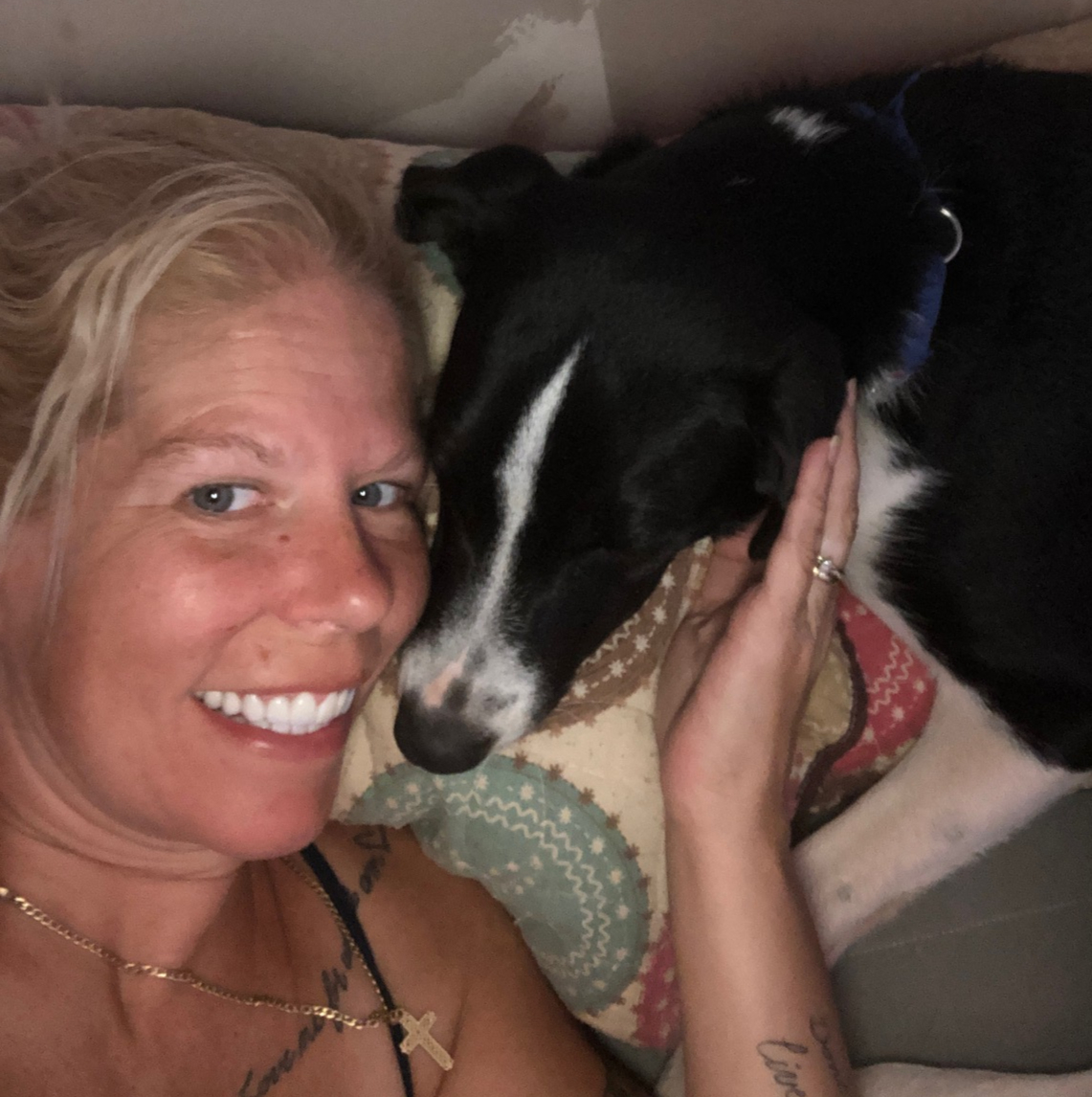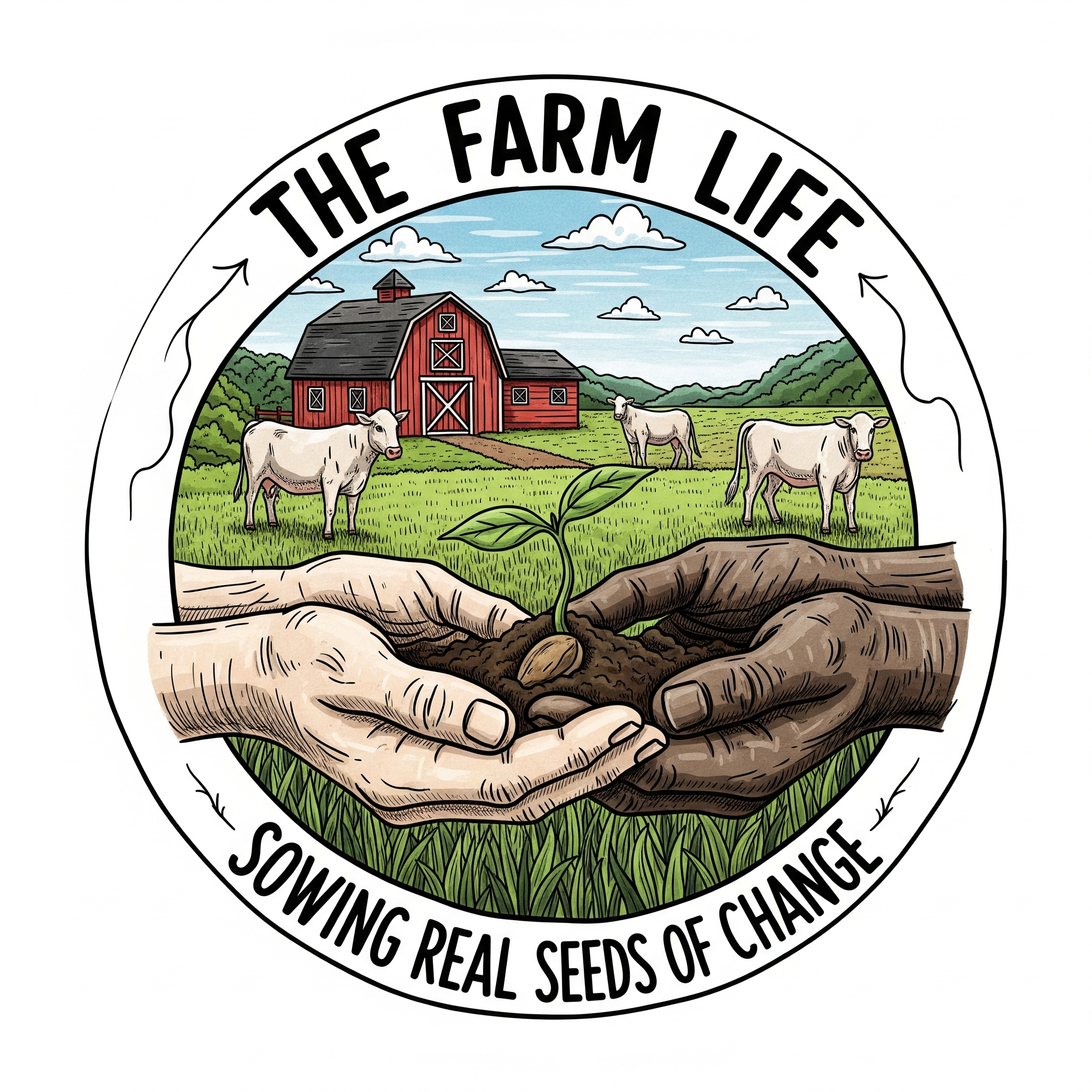Not All Buzz Is Bad — Why We Need Them, and How to Help
When you step into a garden in bloom, you’re entering a buzzing, fluttering world full of life — and hidden heroes. Pollinators.
From bees and butterflies to beetles and birds, these small creatures are the backbone of every healthy garden and farm. At The Farm Life Inc., we believe in not just growing food, but growing awareness — and that starts with knowing which pollinators help, which ones hurt, and how to protect them all.
🌼 What Are Pollinators?
Pollinators are animals that move pollen from one flower to another, fertilizing plants so they can produce seeds, fruits, and vegetables. Without them, over 75% of the plants we grow and eat wouldn’t exist. 😱
🐝 The Good Guys: Essential Pollinators
🐝 Bees
- Honeybees: Famous for honey and hives, but also one of the top pollinators for fruits, veggies, and flowers.
- Bumblebees: Great at “buzz pollination” — shaking pollen loose from tomatoes, peppers, and berries.
- Native Solitary Bees (like mason bees): Non-aggressive and highly efficient.
Fun Fact: A single bee colony can pollinate up to 300 million flowers a day!
🦋 Butterflies
- Beautiful and graceful, butterflies like monarchs and swallowtails are key to pollinating wildflowers and flowering herbs.
🐞 Beetles
- Some beetles (like soldier beetles) pollinate while feeding on nectar and also eat harmful pests.
🦇 Bats & Hummingbirds
- Bats pollinate night-blooming plants like agave, while hummingbirds love tubular flowers like salvia and honeysuckle.
🐝 Hoverflies & Wasps
- Often mistaken for pests, some wasps and hoverflies pollinate AND keep garden pests under control.
😬 The Not-So-Helpful (or Harmful) Buzzers
Not all winged insects are beneficial — but they all play a role in the ecosystem.
🦟 Mosquitoes
- Most feed on nectar, but don’t contribute much to pollination and can spread disease to animals and people.
🐝 Carpenter Bees
- While they do pollinate, they also drill holes into wooden structures, sometimes damaging fences or buildings.
🐜 Ants
- Ants can transfer pollen but often disrupt pollination by defending aphids or stealing nectar without pollinating.
🐝 Yellowjackets
- Aggressive and known for stinging, yellowjackets are more scavenger than pollinator — but they do eat other pest insects.
🌺 Why Pollinators Matter (Especially on a Farm)
- Increase Crop Yields: No bees = no cucumbers, squash, apples, or tomatoes!
- Improve Fruit Quality: Proper pollination leads to bigger, better-shaped fruits.
- Support Biodiversity: Healthy pollinator populations lead to a thriving, balanced ecosystem.
- Teach Stewardship: Observing pollinators helps children and adults connect with the cycle of life in nature.
🌻 How You Can Help Pollinators Thrive
✅ Plant Pollinator-Friendly Gardens
Include native plants, wildflowers, herbs like mint and lavender, and flowering vegetables.
✅ Avoid Pesticides
Even “natural” sprays can harm beneficial insects. Opt for organic, bee-safe alternatives.
✅ Add Water and Shelter
Place shallow water dishes with stones, leave some bare earth for ground-nesting bees, and allow “wild” spaces to flourish.
✅ Plant for All Seasons
Include early bloomers, midsummer flowers, and late-season nectar sources to support pollinators year-round.
✅ Educate Others
Invite your family, neighbors, or students to watch pollinators in action and learn why they matter!
🌍 Final Thoughts
Pollinators might be small, but their impact is massive. By protecting them, we protect our food, our planet, and our future.
At The Farm Life Inc., we’re proud to grow gardens that feed both people and pollinators. Join us in creating a world where the buzz is always welcome.

Founder/CEO –At Harvesting Change & The Farm Life, our mission is to sow real seeds of change by nurturing a hands-on, inclusive learning environment rooted in sustainable farming, community connection, and traditional wisdom rooted in equity, sustainability, and social justice. We cultivate more than just gardens—we grow knowledge, resilience, and relationships that nourish people of all races, genders, and ages and the land alike.
